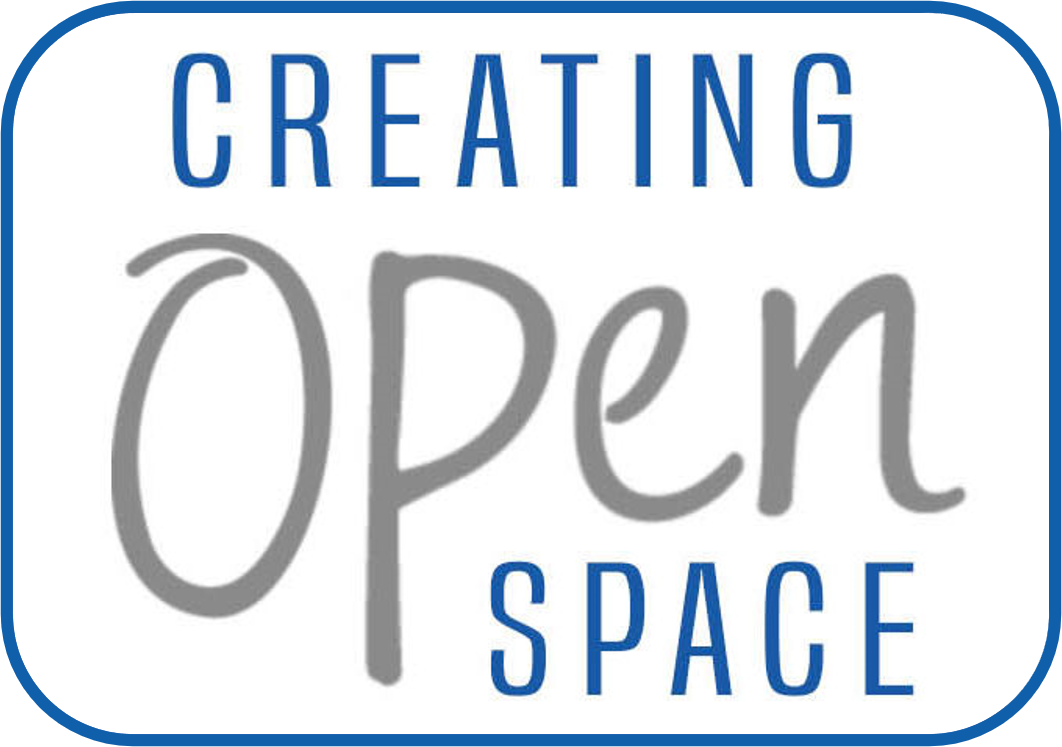Showing Up
I'm sitting in a coffee shop this morning, a popular place for business meetings. As various men and women stream in the door and find their respective colleagues, I’ve been observing how they show up. My vantage point enables me to see them as they approach the door, how they come through it and how they transition between the door and the table. To add an extra twist, it’s a dreary morning, cool and wet. Some treat the rain as if it doesn’t exist. Some pull energy from it. One woman armored herself against it with a trench coat hood pulled over her head and sunglasses on; she hunched over as if the drizzles were beating her down. As she came in the door, nothing shifted. Her sunglasses were rooted to her face until she slid down at a table of colleagues. She sat at a far end of the table, gave a wry smile, faked a laugh and wished no one a good morning. As the meeting continues, I’m noticing that she spends more time stirring her coffee than making eye contact with her colleagues. My intent is not to judge this as good or bad, right or wrong. My observation is simply this: her colleagues are responding to the way she’s showing up. They are pleasant but not engaging her. They are neither including nor excluding her from the conversation. They appear to be simply respecting the distance that she has created.
How do you show up? What dynamic do you evoke and how well does that serve you? In my experience, the leaders who create the most positive team dynamics are those who connect on a personal level. They build trust and tie their ideas to a foundation of trust. They show up as resilient, energized by opportunities yet not so caught up in their own energy that they are oblivious to others’ energy. They listen deeply, ask questions and approach others’ perspectives with sincere curiosity. If the dynamic of your group or team isn’t ideal, spend some time reflecting on how your presence is a part of that equation. How could you shift the way you show up to evoke shifts in others? Could relaxing a bit give others permission to breathe? Could finding something to genuinely smile about infuse positivity into a difficult conversation? Could being a little playful open minds up to new possibilities?
